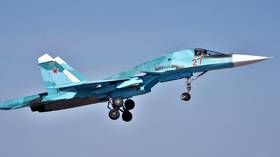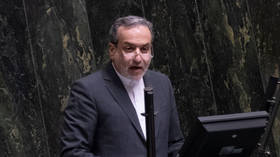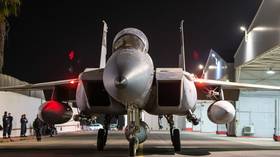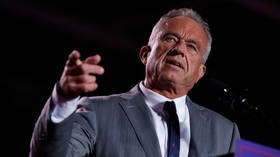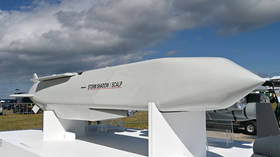CNN shares details of ‘sophisticated’ pager attacks against Hezbollah
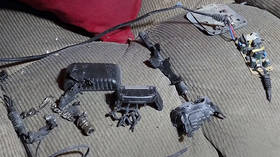
The alleged Israeli plot to target senior members of Hezbollah by simultaneously blowing up their pagers relied on explosives hidden in the devices that was nearly impossible to detect, CNN reported Friday, citing sources.
Earlier this month, a series of powerful pager explosions swept through the Middle East, killing 12 people and injuring around 3,000. The victims included numerous officials of the Lebanese-based Islamist movement. The attack was followed a day later by multiple simultaneous detonations of walkie-talkies that killed at least 20 others. Iran and Lebanon have accused Israel of orchestrating the attack, a charge denied by West Jerusalem.
An unnamed Lebanese official familiar with the investigation told CNN that the explosives in the pagers were hidden inside the device in a way “so sophisticated that it could not be detected.”
Another official told the network that the materials were “laced” into the pager’s lithium battery and were virtually undetectable, adding that he had “never seen anything like it.”
Lebanese officials also tested controlled explosions of the pagers and observed how devastating they must have been to their owners, according to the network.
Sean Moorehouse, an explosive ordinance disposal expert, told CNN that a pager could be weaponized by adding a detonator and an explosive. He added that near-total undetectability could have been achieved by placing the detonator and explosive material in a metal case impenetrable to imaging technology.
Numerous media reports indicate that the pagers bore the logo of the Taiwanese firm Gold Apollo. The company has vehemently denied any involvement, saying it had authorized the use of its brand on the pagers which were manufactured by a Budapest-based company, BAC Consulting. Senior Taiwanese officials also said Gold Apollo did not produce the pagers with lithium batteries which were used in the attack.
The network noted that European authorities are investigating both BAC Consulting and Norta Global Ltd, a Bulgarian-based company, for involvement in the sale of the pagers to Hezbollah.
Lebanese officials have stopped short of blaming any particular companies, saying the pagers “were tampered with from foreign entities before being delivered to Lebanon and modified to send electronic signals that led these devices to be exploded.”



